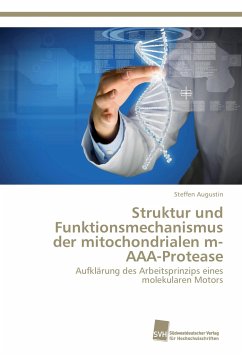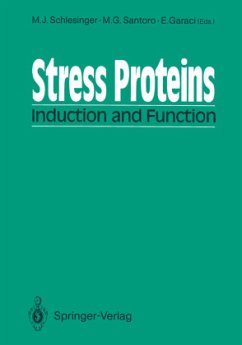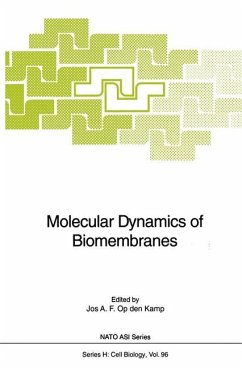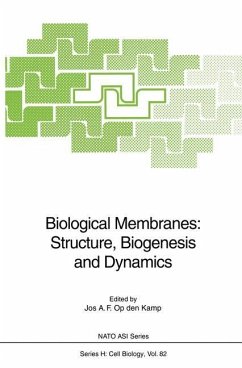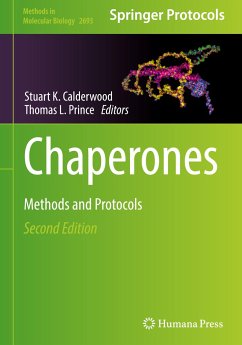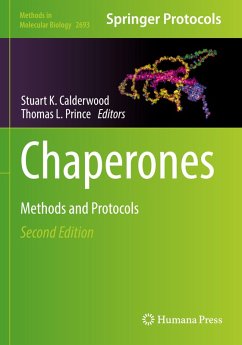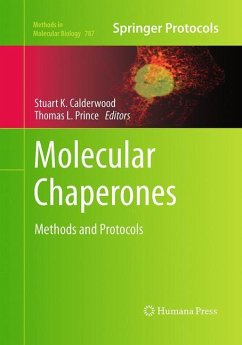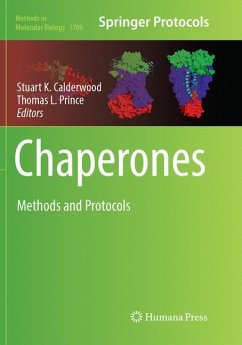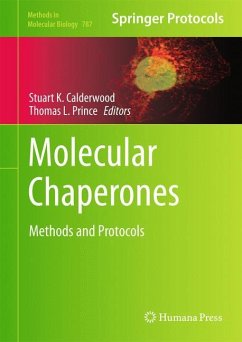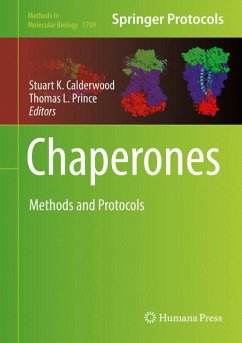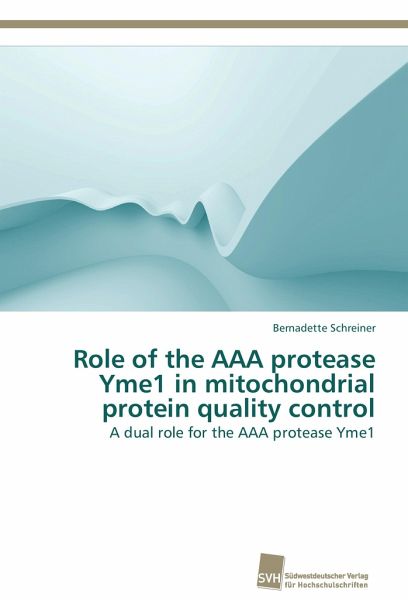
Role of the AAA protease Yme1 in mitochondrial protein quality control
A dual role for the AAA protease Yme1
Versandkostenfrei!
Versandfertig in 6-10 Tagen
30,99 €
inkl. MwSt.

PAYBACK Punkte
15 °P sammeln!
During biogenesis of mitochondria, proteins that are encoded in the nuclear DNA are transported into one of the four different mitochondrial subcompartments, outer membrane, inner membrane, matrix or intermembrane space. Proteins are transported across the mitochondrial membranes in an unfolded state and obtain their mature fold only after specific cleavage and folding steps. In the mitochondrial matrix, an elaborate chaperone system assists this process. However, non of the classical chaperones has been identified in the mitochondrial intermembrane space. Towards identification of unknown, no...
During biogenesis of mitochondria, proteins that are encoded in the nuclear DNA are transported into one of the four different mitochondrial subcompartments, outer membrane, inner membrane, matrix or intermembrane space. Proteins are transported across the mitochondrial membranes in an unfolded state and obtain their mature fold only after specific cleavage and folding steps. In the mitochondrial matrix, an elaborate chaperone system assists this process. However, non of the classical chaperones has been identified in the mitochondrial intermembrane space. Towards identification of unknown, non-classical folding helpers in the intermembrane space, a well-studied model protein was targeted to this mitochondrial subcompartment and its folding analyzed. The folding state of the model substrate and a number of diverse endogenous proteins with functions in oxidative phosphorylation, mitochondrial import and dynamics was found to depend on the presence of the AAA protease Yme1. This study confirms that Yme1 has a dual role as protease and as chaperone and occupies a key position in the protein quality control system of the mitochondrial intermembrane space.



